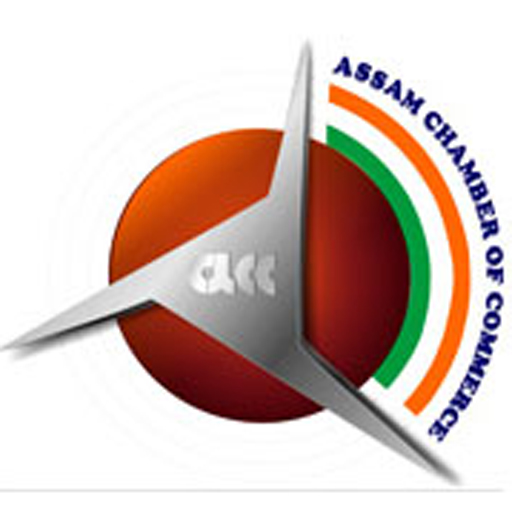Frequently asked questions
Here you will find answers to some of our most asked questions. If you still need help please contact us and we can answer any question you may have.
A business consultant is a professional who provides expert advice to organizations to help them improve their performance, solve problems, and achieve their goals.
They analyze current business processes, identify areas for improvement, and develop strategic solutions tailored to the company’s needs. Business consultants can specialize in various areas, such as management, marketing, finance, human resources, or operations, to provide targeted guidance and support.
Business consulting services provide specialized expertise to help organizations solve problems, improve efficiency, and achieve strategic goals. Consultants offer an objective, outside perspective, identifying opportunities for growth and streamlining processes that may not be obvious from within the company.
By leveraging a consultant’s experience, businesses can access tailored solutions without the cost of hiring full-time specialists. This allows companies to focus on their core activities while making informed decisions that drive long-term success.
The cost of hiring a business consultant can vary widely based on factors such as their level of expertise, industry specialization, the complexity of the project, and the duration of the engagement. On average, business consultants may charge anywhere from $100 to $500 per hour. For more experienced consultants or firms specializing in niche areas, the rate can be even higher.
Alternatively, some consultants offer project-based pricing or retainers, which can range from $2,000 to $100,000 or more depending on the project’s scope. It’s important to discuss pricing and scope of work upfront to ensure transparency and alignment with budget expectations.
The main difference between a consultant and a coach lies in their roles and the type of support they provide.
Consultants are experts who provide specialized advice and solutions to help businesses solve specific problems or achieve particular goals. They analyze the business, identify issues, and implement strategies to improve performance, often taking a more directive approach. Consultants may also work on projects for the company and are focused on achieving tangible, short-term results.
Coaches, on the other hand, focus on guiding individuals or teams to develop their skills, improve performance, and reach their potential. Coaches help clients set goals, explore options, and build strategies, but they do not provide direct solutions or take over tasks. Their approach is more collaborative, aiming to empower clients to find their own answers and create long-term, sustainable growth.
In summary, consultants provide expert advice and solutions, while coaches facilitate growth and development by guiding individuals or teams to discover their own solutions and achieve long-term success.
Business consultants can specialize in a variety of industries, including management, healthcare, finance, marketing, retail, manufacturing, and more. They work with companies to develop strategic plans, optimize operations, and address specific challenges unique to each sector.
Consultants bring expertise to help organizations achieve their goals, improve efficiency, and drive growth. Whether it’s through digital transformation in tech or enhancing customer experience in retail, they provide tailored solutions that align with the needs of the business and industry.
The pricing for business consulting services typically depends on factors such as the scope of the project, the complexity of the work, the consultant’s level of expertise, and the industry. Common pricing structures include:
Hourly Rates: This is the most common approach, with rates varying from $100 to $500 or more per hour based on the consultant’s experience and the project’s demands.
Project-Based Pricing: For specific projects, consultants may offer a flat fee that reflects the estimated time and resources required. This could range from a few thousand dollars to tens of thousands, depending on the project’s scale.
Retainer Agreements: Some consultants offer a monthly or annual retainer fee for ongoing support and advisory services. This is ideal for businesses needing consistent assistance over time.
Consultants typically discuss pricing and project scope upfront to ensure transparency and alignment with the client’s budget and needs.
Our consulting firm has a diverse background and extensive experience across multiple industries, including management, technology, finance, healthcare, marketing, and more. Our team is made up of seasoned professionals who have worked with both small businesses and large enterprises, bringing a range of expertise from strategic planning and operational improvements to specialized areas like digital transformation and market analysis.
Our consultants have worked in leadership roles, project management, and advisory positions, equipping them with deep insights into solving complex business challenges. With years of combined experience, our firm is committed to providing tailored, results-driven strategies to help businesses achieve sustainable growth and efficiency.
Working with a consultant can lead to a variety of positive outcomes for your business. You can expect to see improvements in efficiency, as consultants help streamline operations, eliminate bottlenecks, and optimize processes. This can lead to cost savings, better resource allocation, and increased productivity.
Consultants can also provide strategic insights that help you make informed decisions, whether it’s expanding into new markets, launching products, or enhancing marketing strategies. You may experience growth in revenue and market presence as a result. Additionally, consultants bring expertise and innovation, helping your company adapt to industry trends and challenges, ensuring long-term sustainability and a competitive edge.
The terms of working with a business consultant typically include defining the scope of work, which outlines the services provided, specific deliverables, and project timelines. Pricing arrangements, such as hourly rates, project-based fees, or retainer agreements, are specified, along with payment schedules and any upfront deposits. Confidentiality agreements are often included to safeguard sensitive information, ensuring trust and data protection.
Responsibilities and expectations for both the consultant and the client are clearly outlined to prevent misunderstandings. Communication terms detail how often updates will be provided and the preferred format, such as reports or meetings. Contracts also include termination clauses and conditions for revisions or additional work to keep the engagement flexible and aligned with changing needs.
